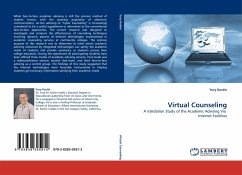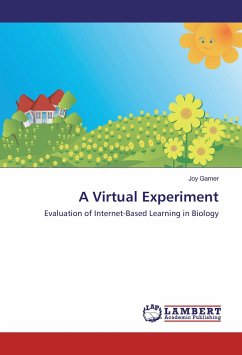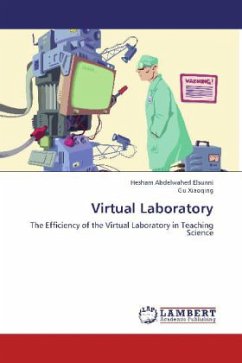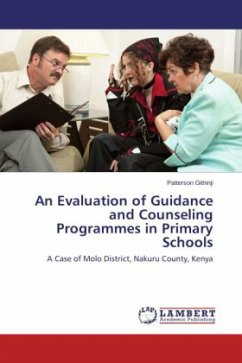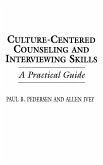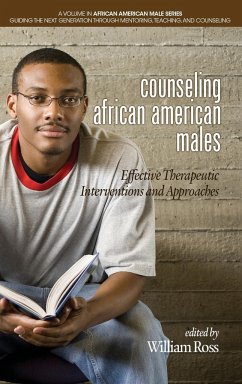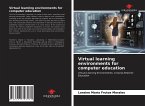While face-to-face academic advising is still the primary method of student service, with the growing popularity of electronic communication, on-line advising or Cyber Counseling is increasingly considered to be a useful supplement or alternative to the conventional face-to-face approaches. The current research was designed to investigate and compare the effectiveness of counseling techniques involving dynamic aspects of Internet technologies implemented in academic counseling services at community colleges. The primary purpose of this research was to determine to what extent academic advising enhanced by integrated technologies can satisfy the academic needs of students and provide assistance as students pursue their college education. During the experiment all participating students have been offered three modes of academic advising services. First mode was a videoconference session, second chat-room, and third face-to-face advising as a control group. The findings of this study suggested that the Internet technologies were favorably instrumental in helping students get necessary information satisfying their academic needs.
Bitte wählen Sie Ihr Anliegen aus.
Rechnungen
Retourenschein anfordern
Bestellstatus
Storno

